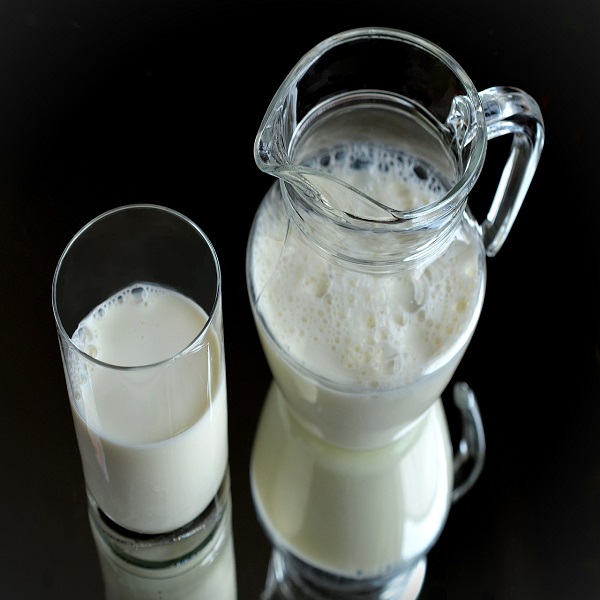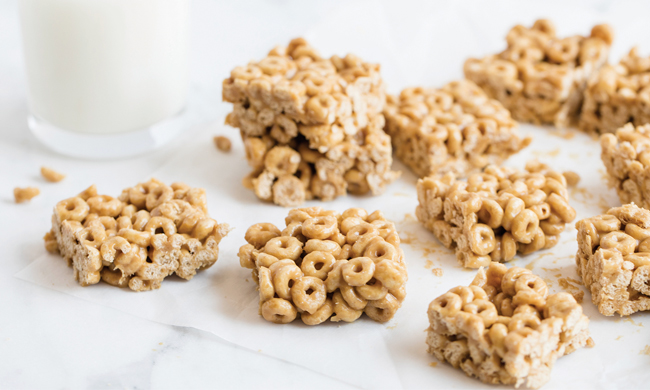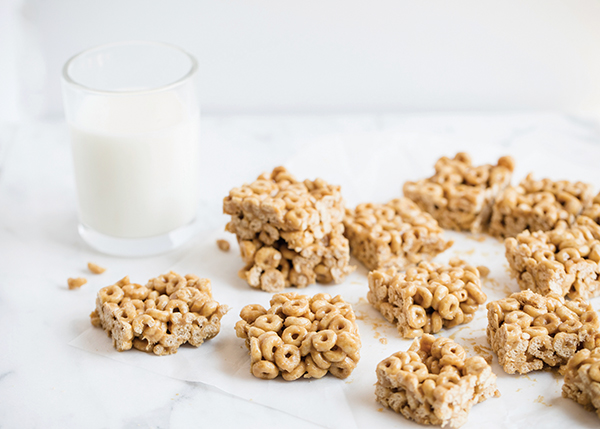New Research Links Refrigerator Staple to Teenage Height

New Research Links Refrigerator Staple to Teenage Height

Study finds drinking more milk growing up is associated with increased height at 17
(Family Features) Drinking real dairy milk is especially important for growing kids, and new research suggests regularly drinking more milk throughout childhood is associated with an increase in teenage height, according to a new study in “The Journal of Nutrition.”1
Researchers followed more than 700 kids from the time they were born, analyzing their height and diet from ages 2-17, and found each additional glass of milk kids drank per day throughout childhood increased their height at age 17 by around 0.39 centimeters. That means the more milk kids drank regularly growing up, the taller they were. Water and other beverages, including 100 percent juice and sugar-sweetened beverages, didn’t have the same effect.
These findings add to a growing body of research that suggests regularly drinking milk during the growing years is associated with greater height in the teen years, while regularly skipping milk or drinking non-dairy milk alternatives, like almond or soy milk, is linked to shorter height.2, 3, 4
The 2015-2020 Dietary Guidelines for Americans recommend two cups of milk and milk products each day for kids ages 2-3, two and a half cups each day for kids 4-8 and three cups each day for kids 9-18. While it’s hard for kids to get nutrients they need to grow strong without milk in their diets, eighty-five percent of Americans fall short of these daily recommendations, which includes most children over 3 years old.5, 6
Serving an eight-ounce glass of milk alongside meals or snacks is an easy way to give kids nine essential nutrients, including high-quality protein, and get them closer to these recommendations. Try pairing these homemade cereal bars from Jamielyn Nye, author of iheartnaptime.net, with a cold glass of milk for an easy after-school snack, and find more kid-approved recipes at pourmoremilk.com.

Homemade Cereal Bars
Recipe courtesy of Jamielyn Nye, author of iheartnaptime.net, on behalf of Milk Life
Servings: 16
- 1/2 cup peanut butter
- 1/2 cup honey
- 1/2 teaspoon vanilla
- 3 1/2 cups dry cereal
- Line 8-by-8-inch pan with parchment paper and set aside.
- In a medium size sauce pan, combine peanut butter and honey and cook 3 minutes, stirring occasionally. Remove from heat and stir in vanilla.
- Add in dry cereal and stir until completely coated then press into lined pan. Use piece of parchment paper to press firmly down on bars.
- Refrigerate bars 1 hour, or until ready to serve.
- Serve with eight-ounce glass of milk.
Nutritional information per serving: 180 calories; 4 1/2 g fat; 1 g saturated fat; 5 mg cholesterol; 10 g protein; 26 g carbohydrates; 1 g fiber; 160 mg sodium; 306 mg calcium (30% of daily value). Nutrition figures include an eight-ounce glass of fat free milk.
1Marshall TA, Curtis AM, Cavanaugh JE, Warren JJ, Levy SM. Higher longitudinal milk intakes are associated with increased height in a birth cohort followed for 17 years. The Journal of Nutrition. 2018;148(7):1144-1149.
2Wiley AS. Does milk make children grow? Releationships between milk consumption and height in NHANES 1999-2002. American Journal of Human Biology. 2005;17(4):425-441.
3Rockell JEP, Williams SM, Taylor RW, Grant AM, Jones IE, Goulding A. Two-year changes in bone and body composition in young children with a history of prolonged milk avoidance. Osteoporosis International. 2005;16(9):1016-1023.
4 Morency M, Birken CS, Lebovic G, Chen Y, L’Abbé M, Lee GJ, Maguire JL and the TARGet Kids! Collaboration. Association between noncow milk beverage consumption and childhood height. American Journal of Clinical Nutrition. 2017;106(2):597-602.
5 Krebs-Smith SM, Guenther PM, Subar AF, Kirkpatrick SI, Dodd KW. Americans do not meet federal dietary recommendations. The Journal of Nutrition. 2010;140:1832-1838.
6 U.S. Department of Agriculture and U.S. Department of Health and Human Services. Dietary Guidelines for Americans, 2015. 8th Edition, 2015.
SOURCE:
MilkPEP


